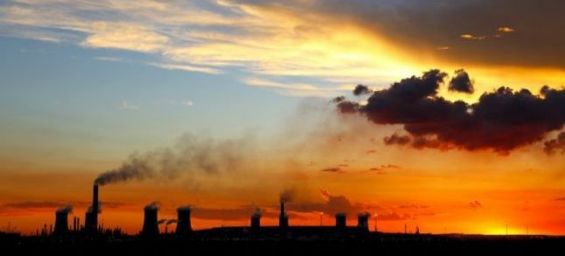Morocco is among the high-performing countries in the 2024 Climate Change Performance Index (CCPI), an independent monitoring tool for tracking countries’ climate protection performance.
Morocco ranked 9th in the scoring system, designed by the German environmental and development organization Germanwatch and published on the sidelines of COP28 in Dubai on December 8. The ranking includes 67 spots, with the first three overall positions empty. «No country performs well enough in all index categories to achieve an overall very high rating», CCPI explained.
In the fourth position we find Denmark, followed by Estonia 5th, the Philippines 6th, India 7th and the Netherlands 8th.
To determine the performance of each country, the Index calculates the individual scores in four categories, consisting of 14 indicators. Morocco obtains a high rating in GHG Emissions and Energy Use and medium ratings in both Renewable Energy and Climate Policy.
The Index explains that Morocco’s high performance «owes to its low GHG emissions, trend towards greater energy efficiency, and progress in renewable energy production». Indeed, the Kingdom plans a 45.5% cut of GHG emissions by 2030, compared with a «business-as-usual» (BAU) scenario, the same source added.
New policies to phase out fossil fuel
Despite its high ranking, Morocco’s fossil fuel consumption is still high, CCPI warned. According to the report, the Kingdom’s fossil fuels take up most of its energy consumption. Moreover, most of these fuels are imported. «The CCPI country experts criticise the government’s plans to explore domestic oil and gas reserves», reads the report.
The report also urges the Morocco to introduce policies to phase out fossil fuel. «Utility-scale as well as small-scale, people-centred solar and wind projects should be built while observing strict social and environmental safeguards, and solar energy should be subsidised», CCPI experts suggested.
CCPI experts welcome the growing share of renewable energy in Morocco. However, they believe that the prices of these forms of energy are high and solar energy is not subsidized by the State, with citizens producing solar energy not connected to the grid.
As for the agricultural sector, the index points out that although the Ministry of Agriculture, Fisheries, Rural Development, Water and Forests «has incorporated water conservation and environmental protection into all its programmes in recent years (…) implementation and enforcement has been lacking».
«Drip irrigation systems and solar pumps should be installed to reduce water wastage and fuel use. Also, more sustainable agriculture should be promoted, and natural ecosystems should be better preserved», they concluded.





 chargement...
chargement...













